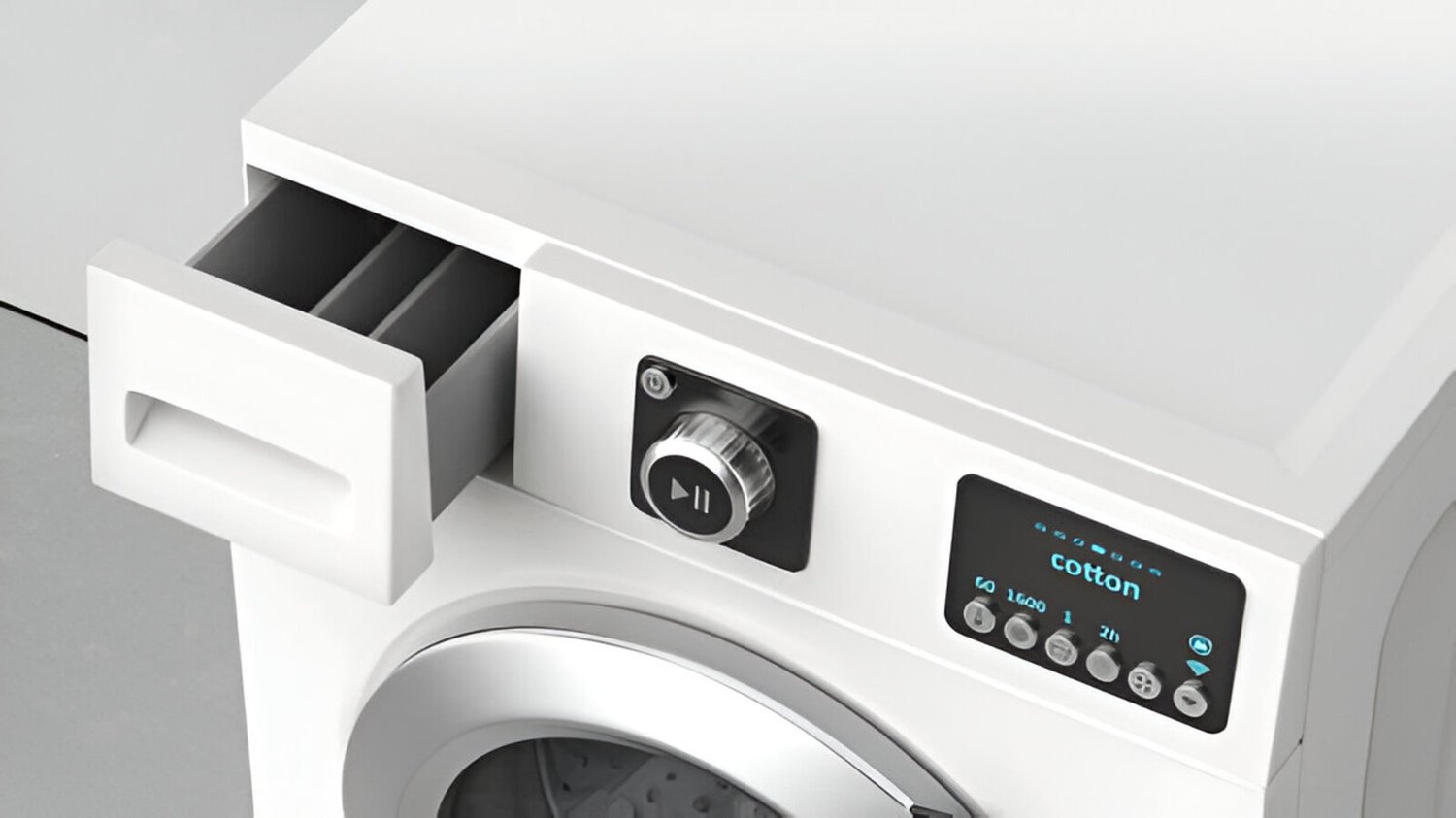The Role of the Motor Coupler in Vintage Washing Machines
When it comes to restoring and repairing vintage washing machines, one vital part that needs attention is the motor coupler. This small component couples the motor and the transmission, ensuring that the washing machine runs smoothly and efficiently. In this article, we explore The Importance of the Motor Coupler in Vintage Washing Machines.
The Function of a Motor Coupler
The motor coupler has an essential function in the operation of a washing machine. It transfers power from the motor to the transmission, allowing the machine to function properly. A faulty motor coupler can lead to an inefficient washing machine, with lousy spin cycles and poor performance overall. Hence, it's essential to keep the motor coupler in good condition, especially in older washing machines.
The Advantages of Replacing a Faulty Motor Coupler
If your washing machine is showing signs of trouble, such as shaking, or a grinding noise emanating from the motor, it could be a sign of a faulty motor coupler. However, replacing this component can result in having a better working washing machine. The benefits of replacing the motor coupler in a vintage washing machine include smoother operation, less noise, and a longer lifespan for the washing machine.
The Risk of Overlooking the Motor Coupler
Overlooking the importance of the motor coupler in a washing machine can result in serious damage to the machine's motor and transmission. A faulty motor coupler can put undue stress on the machine's parts, leading to the machine's eventual demise. Moreover, a damaged motor coupler can affect the machine's performance, leading to higher energy consumption and inflated electricity bills.
The Importance of Regular Maintenance
Regular maintenance of a vintage washing machine is essential, and one of the most crucial things a technician or DIY enthusiast can undertake is to inspect and maintain the motor coupler regularly. Whether it is oiling, cleaning, or replacing the motor coupler, taking care of this small but vital component can help extend the washing machine's life span and improve its overall efficiency.
How to Determine if a Motor Coupler Needs Replacing
Checking your washing machine's motor coupler regularly is essential, especially if you want to identify potential problems before they escalate. Some signs of a damaged motor coupler include grinding or rattling sounds from the motor, slow spin cycles, and the drum not rotating properly. If any of these signs occur, it's high time to get the motor coupler replaced or serviced by a professional.
The Benefits of Choosing a Quality Motor Coupler
When replacing a motor coupler in a vintage washing machine, it's essential to choose one of high quality. The durability, strength and compatibility of the motor coupler will affect the function and performance of the washing machine. A low-quality motor coupler may cost less initially but may fail quickly, leading to increased repair costs and hassle. Quality replacements can help save time, money and complications in the long-run.
The Price Range for a Motor Coupler
The price range for a motor coupler for a vintage washing machine can vary depending on the make and model. However, there are universal motor couplers available that fit most washing machines. On average, the cost of a motor coupler ranges from $15-$50. Selecting the right motor coupler for the washing machine is crucial, as it can impact the machine's performance in the long-run.
The Benefits of Professional Installation
Professional installation of a motor coupler by a qualified technician can ensure that your vintage washing machine functions correctly and safely. DIY enthusiasts or amateur technicians may have a general knowledge of how to replace a motor coupler. However, a technician will have the experience and expertise required to identify and assess potential issues and ensure that the motor coupler is correctly installed, functioning as intended.
The Future of Vintage Washing Machines
Vintage washing machines are an important part of history, showcasing the evolution of modern appliances. However, the motor coupler and other components can deteriorate over time, leading to a reduced lifespan and poor performance of the washing machine. Regular maintenance and service checks, replacement of worn parts and quality replacements, can ensure that vintage washing machines continue to operate for many years.

